Why are we being offered a second booster against COVID?
Before COVID, more than 500 people died from influenza each year. Influenza or ‘the flu’ is very different from the common cold that lots of us get every year. It is a serious and potentially life-threatening illness. So is COVID. If you catch COVID you are three times more likely to die from COVID than if you caught influenza.
With COVID (or the flu) the elderly are at highest risk of getting very sick, needing to go to hospital or dying. Looking at overseas research we see that for people 75 years and older, the proportion of patients dying was quite high and up to 20% or 30%. That means that one in every five older persons who caught COVID died.
As people get older they are more likely to have other health problems but they also have a reduced immune response. These things together mean we are much more at risk as we age. In New Zealand our research shows that Maori and Pacifica people are also at higher risk from COVID and from influenza.
We expect vaccines to protect us from the disease, reduce the effects of severe disease, reduce hospitalisation and deaths. We expect this protection from COVID vaccines or for influenza vaccines or any other vaccine. While some people still catch COVID after being vaccinated there was 95% reduction in hospitalisation and death for those who had the first two doses of vaccine.
When Omicron arrived in New Zealand our health officials realised that we needed to boost everyone’s immunity to protect us from this new variant. We knew by then that the immunity from the vaccine decreased over time. Because of this we were offered a booster dose to build up our immunity again. Many people got their booster in December last year or January / February this year.
After the third dose of COVID vaccine there was high effectiveness against Omicron. Overseas studies showed there was around 90% less hospital admissions 2 months after the first booster (third dose). Unfortunately, the effectiveness of the booster was shown to decrease from about 4 months after that first booster.
There is always that risk someone who has been vaccinated might get COVID and not have any symptoms. These people can pass the infection on to others without realising. There are also some people in our communities who have chosen to not be vaccinated and they can pass on the COVID infection to our older whānau.
It is important to remember that mask-wearing and social distancing are very effective measures to use in addition to the vaccines. With social distancing, few social gatherings and mask-wearing we have had almost no influenza deaths for the last two years compared to the usual five to six hundred per year. It is important to remember how effective these measures are at reducing the spread of disease.
The average age of people infected with the first wave of COVID (Wuhan variant) was 65 years. The next wave of COVID through Europe was the alpha variant and the average age was 50 years. Delta was the first variant which we saw widespread in New Zealand the average age was 30 years old. Now with Omicron it has mainly affected younger people in kindergartens, schools and universities. Average age has been 20 years for Omicron in New Zealand. As these variants have affected younger and younger age groups, it has meant less of the people who caught the disease have died. However if the elderly are infected with Omicron or any other variant, they are still at risk for severe illness and death.
Just like our muscles are not as strong as we age, our immune system also does not respond as well. This means it is not as good at fighting off infections and it is not as good at responding to vaccines. Older people will have had less of an immune response to their vaccines and like everyone else their immunity reduces over time.
It is winter, our COVID infection numbers are increasing and so the Ministry of Health has decided to offer a second booster to the most at risk people in our communities.
Ministry of Health are suggesting the following people are most at risk and should receive their second booster soon:
- people aged 65 years and over
- Māori and Pacific peoples aged 50 years and over
- residents of aged care and disability care facilities
- severely immunocompromised people who received a three-dose primary course and a fourth dose as a first booster
- people aged 16 years and over who have a medical condition that increases the risk of severe COVID-19 illness and
- people aged 16 years and over who live with disability with significant or complex health needs.
The second booster is also available for:
- all people aged 50 years and over
- health care, aged care and disability workers aged 30 years and over.
To receive your second booster it needs to be six months from your first booster. If you have had COVID, you wait for three months after the infection before getting a COVID booster.
Vaccines protect against severe disease, hospitalisation and deaths. So even though some people might still catch COVID after being vaccinated, they don’t get as sick, and are less likely to need to go to hospital or die.
In New Zealand we have not been as badly affected by COVID as many other countries and so we have not seen as much sickness and death as they have in Europe for instance. This has given people a false sense that COVID might not be that bad as it really is.
It is winter and the number of COVID cases is rising again. It is time to consider what to do to protect your older whānau and yourself from this next COVID wave. You might also like to talk to your pharmacist about a flu vaccine.
Written by Linda Caddick
This blog provides general information and discussion about medicine, health and related subjects. The information contained in the blog and in any linked materials, are not intended nor implied to be a substitute for professional medical advice.







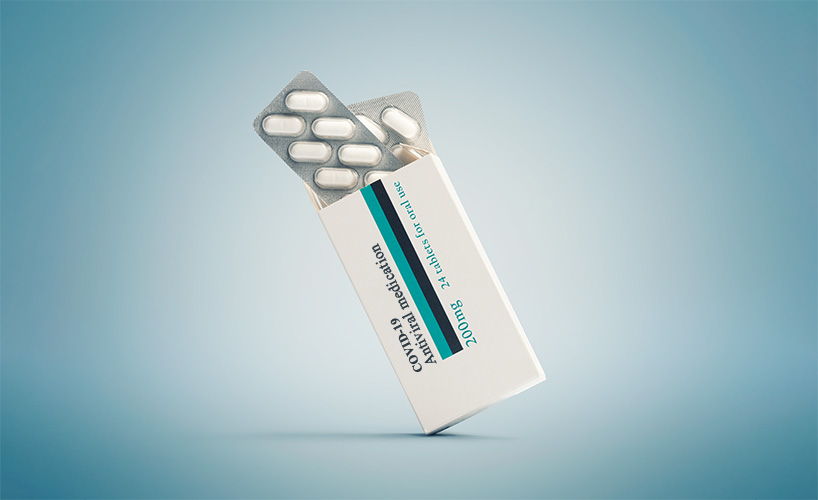
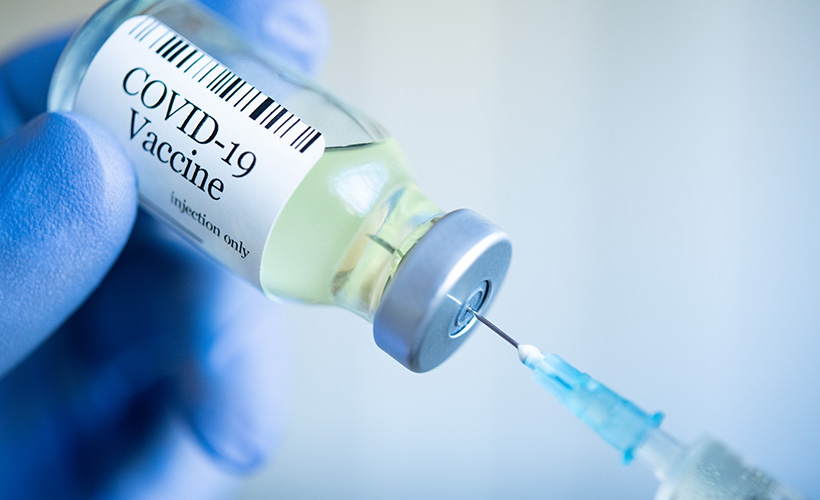
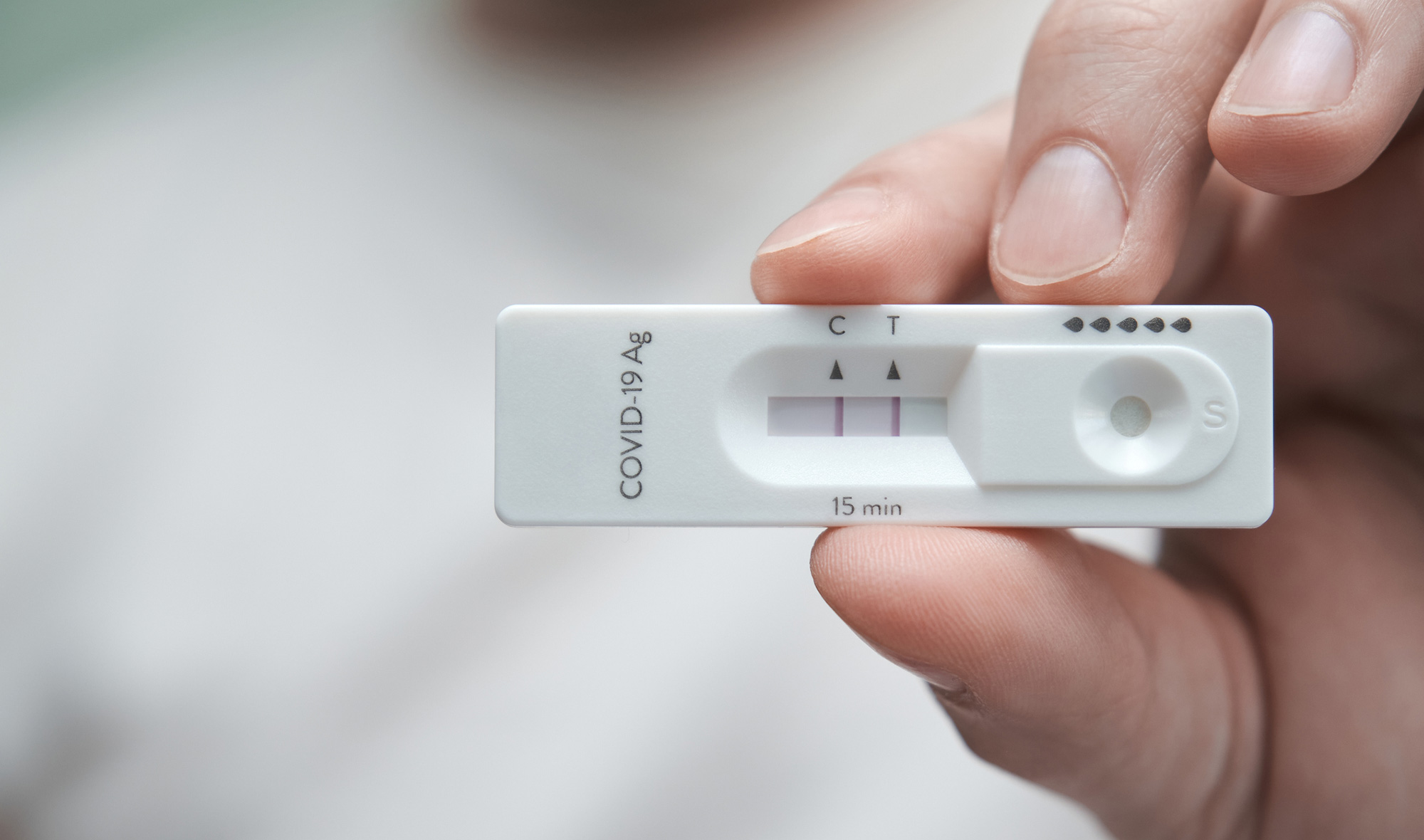
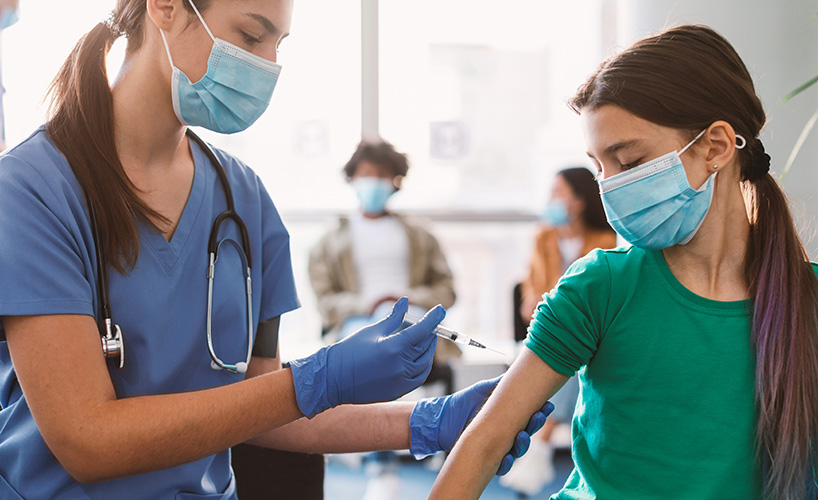



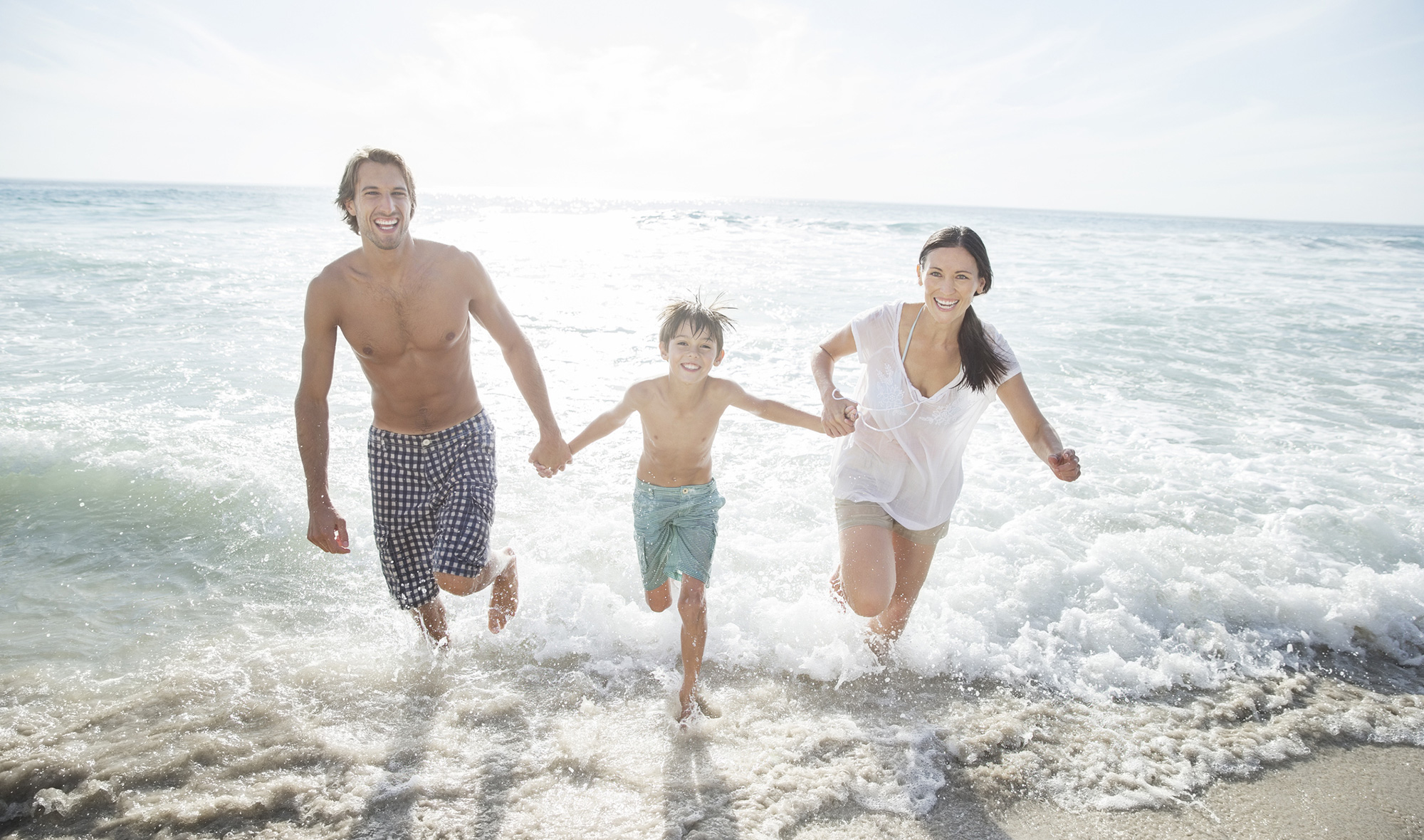
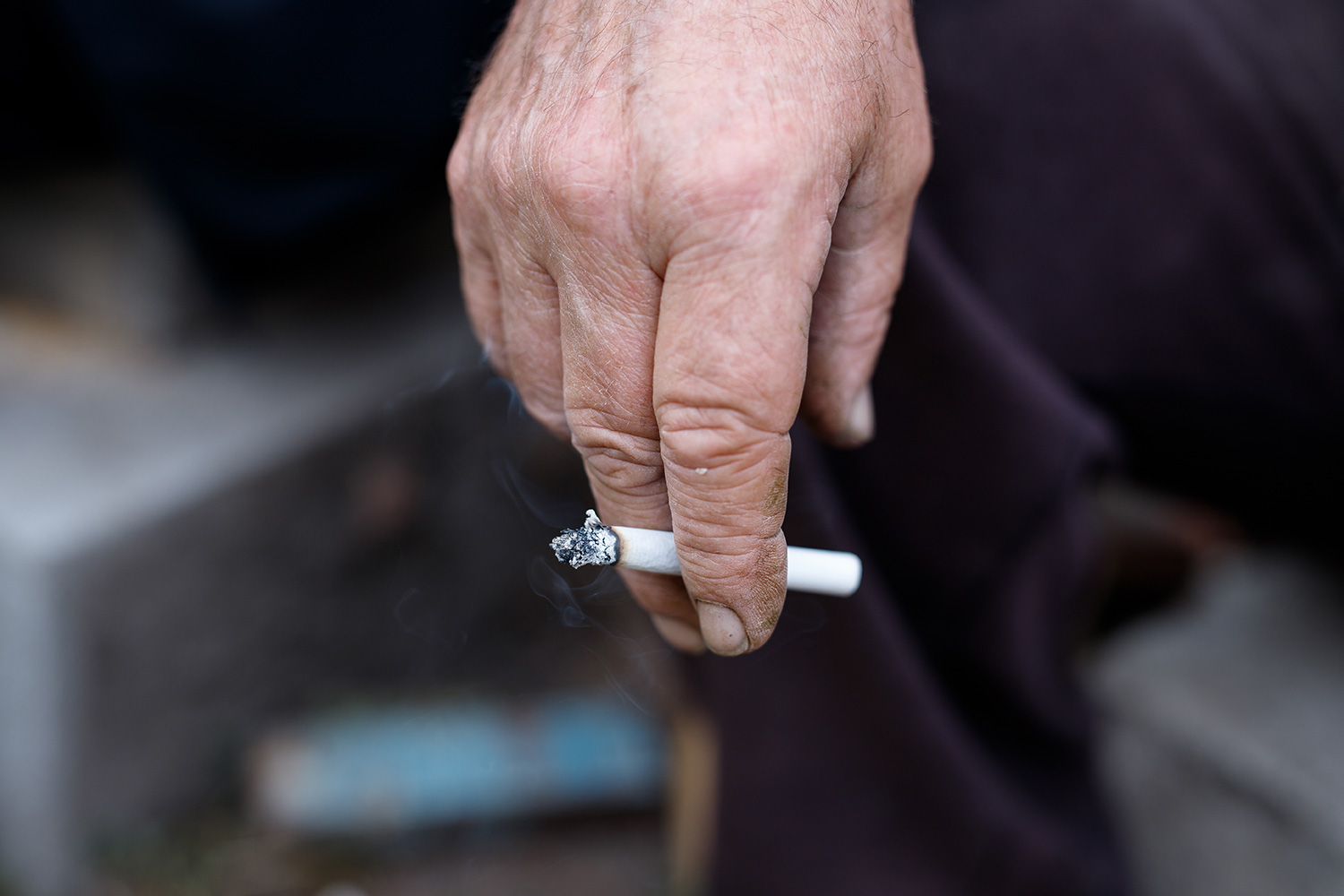

Community